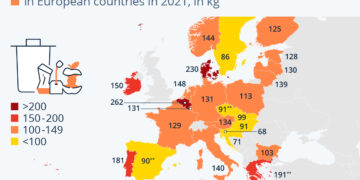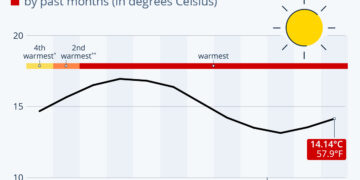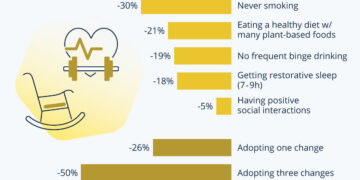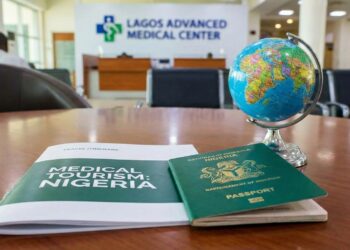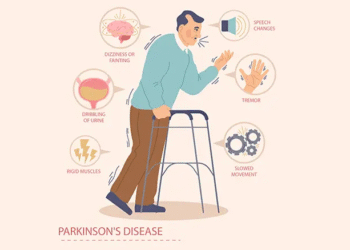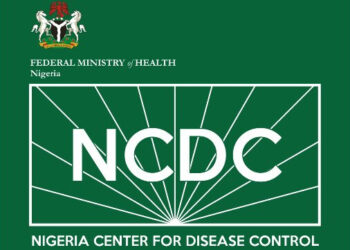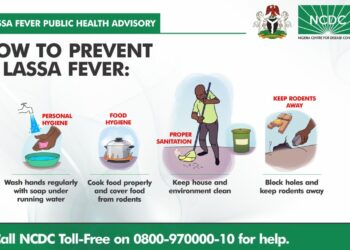The Nigeria Centre for Disease Control and Prevention (NCDC), under the leadership of its Director-General, Dr. Jide Idris, has initiated investigations and response efforts concerning a puzzling illness detected across six wards in Sokoto State.
Dr. Idris announced during a press conference in Abuja on Tuesday that the NCDC had promptly deployed a National Rapid Response Team to collaborate with the Sokoto State Ministry of Health in addressing the situation.
The NCDC was alerted by the state health ministry on March 21, 2024, regarding reported cases of children displaying symptoms such as abdominal distension, fever, vomiting, and weight loss in the Isa Local Government Area (LGA) of the state. These cases predominantly affected children aged four to 13 years, as well as adults from various wards and settlements within the LGA.
“So far,” Dr. Idris reported, “a total of 164 suspected cases have been identified across six wards of Isa LGA, with unfortunate reports of four deaths among the suspected cases.”
He noted that a similar incident occurred in 2023, without a definitive diagnosis.
The ongoing investigation has led to the identification of two suspected cases currently receiving treatment at Uthman Dan Fodio University Teaching Hospital in Sokoto, with one case discharged due to improved symptoms. Additionally, four suspected cases are admitted at Isa General Hospital, while approximately 130 cases receive care at Primary Healthcare Centres or through home-based care within the affected LGA.
Dr. Idris emphasized that initial clinical assessments and investigations have ruled out an infectious origin, prompting the need for further investigations, including heavy metal testing. Preliminary results revealed varying blood levels of lead and chromium in the index and initial suspected cases.
Various activities observed in the affected communities, such as mining and agricultural practices involving chemical use, alongside local health-seeking behaviors, may contribute to the situation.
Consequently, multiple samples, including blood, environmental samples, food produce, and chemical substances, have been collected for analysis. The NCDC, in collaboration with stakeholders, is working tirelessly to support the state government in identifying cases and understanding the outbreak’s cause, despite security challenges hindering community access.
Dr. Idris urged vigilance among affected and nearby communities, encouraging them to promptly report individuals displaying symptoms to the nearest health facilities or contact the NCDC toll-free line (6232).


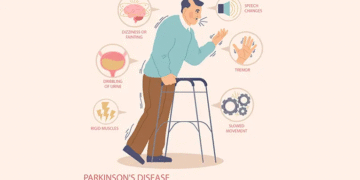

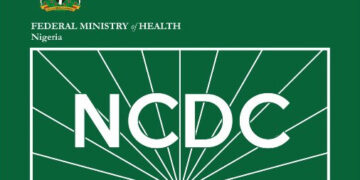
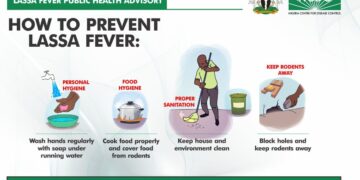



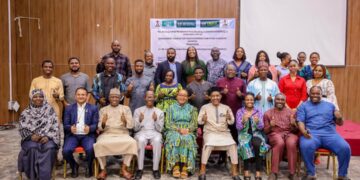


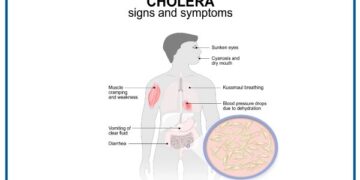
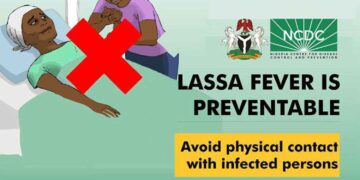
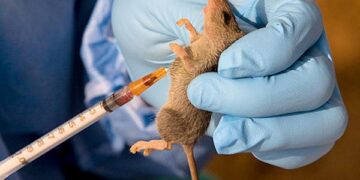

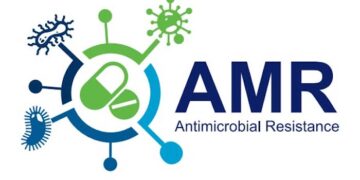

![Antimicrobial Resistance [AMR] in Hausa](https://healthtoday.com.ng/wp-content/uploads/2024/02/antimicrobial-resistance-AMR--360x180.jpeg)




